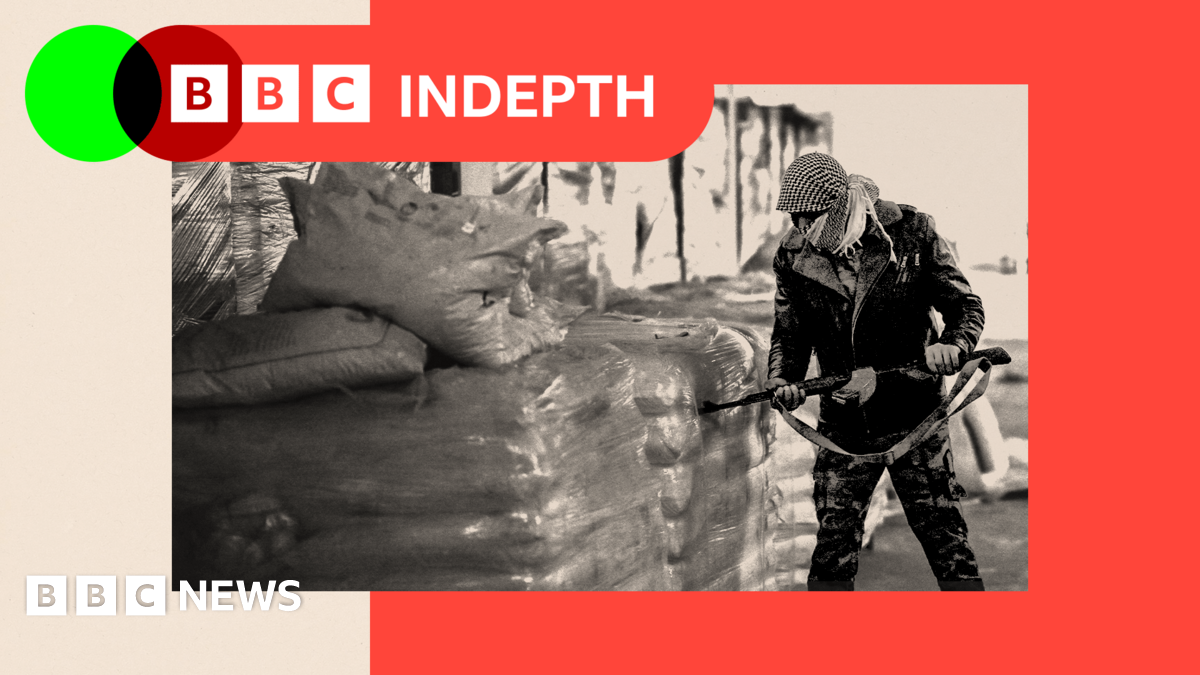BBC - 12/22/2024 12:20:26 PM - GMT (+3 )

Videos filmed by Syrians raiding properties allegedly owned by relatives of Assad show rooms full of pills being made and packaged, hidden in fake industrial products.
Other footage shows piles of pills found in what appears to be a Syrian military airbase, set on fire by the rebels.
I spent a year investigating Captagon for a BBC World Service documentary and saw how the drug became as popular among the wealthy youth of Gulf countries like Saudi Arabia as it was among the working class in countries like Jordan.
"I was 19 years old, I started taking Captagon and my life started to fall apart," Yasser, a young male addict in a rehab clinic told us in Jordan's capital, Amman. "I started hanging out with people who take this thing. You work, you live without food, so the body is a wreck."
So how will al-Sharaa and his group, Hayat Tahrir al-Sham (HTS), deal with the large number of people in Syria and around the Middle East addicted to Captagon who may suddenly find themselves without a supply?
Caroline Rose, an expert on Syrian drug trafficking at the New Lines Institute, has concerns around this. "My fear is that they will really crack down on supply and not necessarily try to do any sort of demand reduction."
But there is a broader question at play too: that is, what effect will the loss of such a lucrative trade have on Syria's economy? And as those behind it move aside, how will al-Sharaa keep at bay any other criminals waiting in the wings to replace them?
read more




